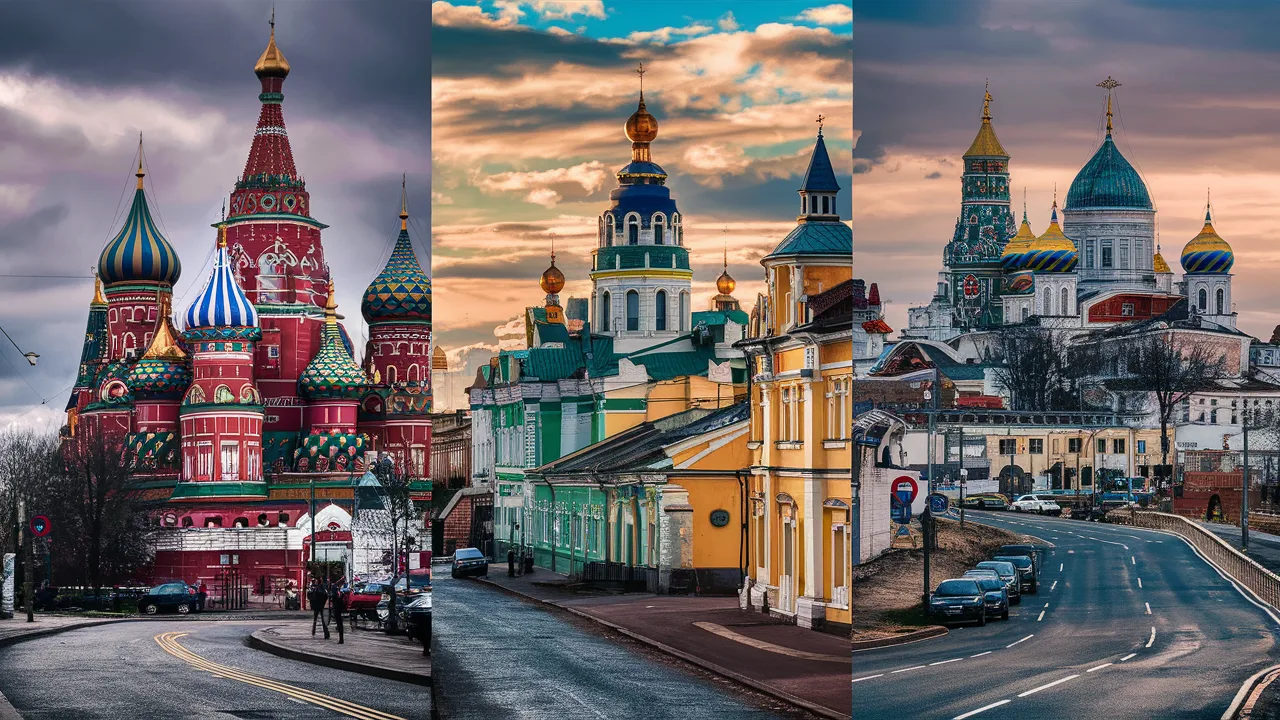
Russia vs. Ukraine
Introduction

The Russia-Ukraine conflict may be vital to the crucially important century-old geopolitical chess game of the 21st Century. It has dominated global headlines, consolidated international partnerships, and triggered profound social and economic fallout. To understand this conflict, I need to go back in time. I have to check the causes, most important events, and their consequences and beyond.
Historical Context
Pre-Soviet Era Relations
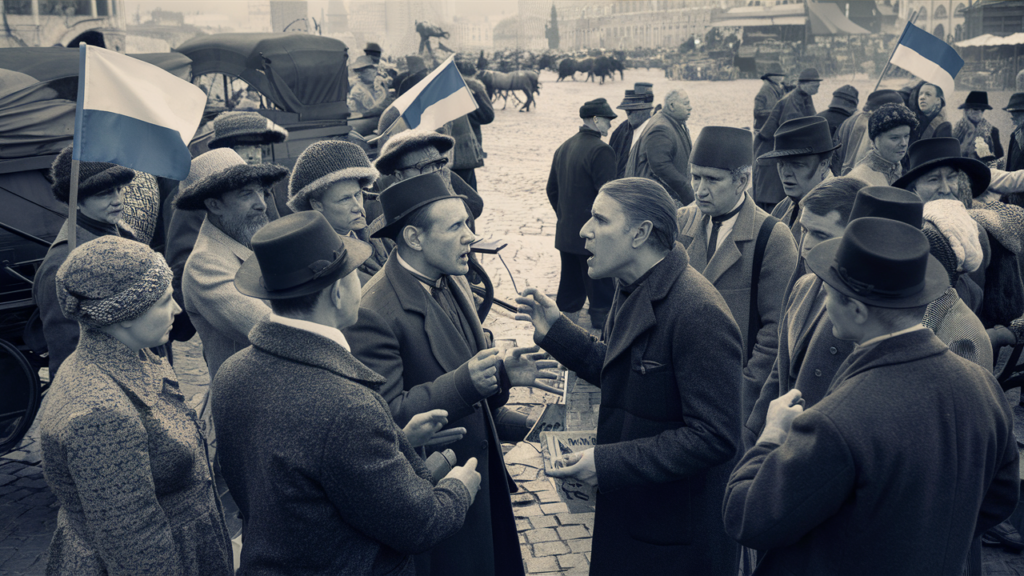
The ties between Russia and Ukraine stretch back for centuries. From its earliest settlements to today, the area has been a crossroads of cultures at the geo cultural confluence of the European, East Asian, and South Asian world regions across the Eurasian land mass. Throughout its history, the region that is now Ukraine has been ethnically and culturally linked to the eastern areas and eastern Silesian national border in what is now the western part of the Russian Empire.
Soviet Union Period
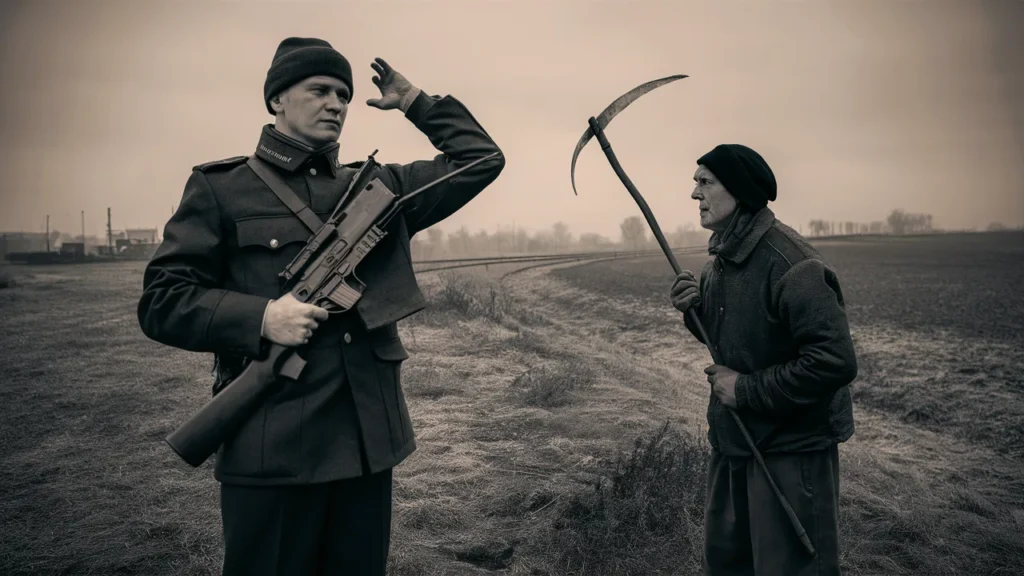
Ukraine was a vital republic of the USSR both politically and economically in the Soviet times. During the Soviet period, there was considerable industrialization and the suppression of the local culture. Among these, the 1932-1933 famine, known as the Holodomor, was the most horrific of all times, when millions of Ukrainians perished due to the totalitarian activities of Stalin’s regime.
Post-Soviet Relations

Ukraine declared independence following the dissolution of the Soviet Union in 1991. Yet the changeover was a bumpy one. Political instability, economic problems, and corruption continued to plague Ukraine. At the same time, Russia was incentivized to keep some sphere of influence over former Soviet states, which led to tension between the two countries.
Causes of the Conflict
Political Differences

The West-leaning of Ukraine and, in particular, the EU contribution to that and the Kremlin’s interests to prevent Ukraine from moving to other spaces would dilute the expression)% The binary political struggle shifted between membership with the West and closer ties to Russia.
Economic Interests
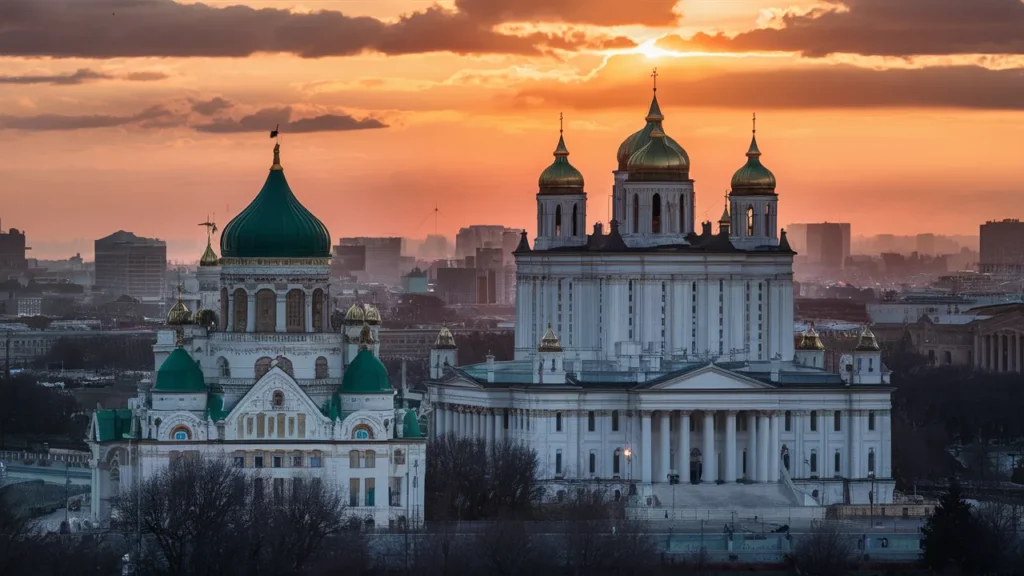
Russia considers Ukraine vital strategically, especially for energy transit routes. Ukraine is a crossroads for pipelines carrying Russian natural gas to Europe, and controlling the nation is not just a matter of course for oil and gas-rich Russia but is vital to both countries’ economies.
Cultural and Ethnic Divisions
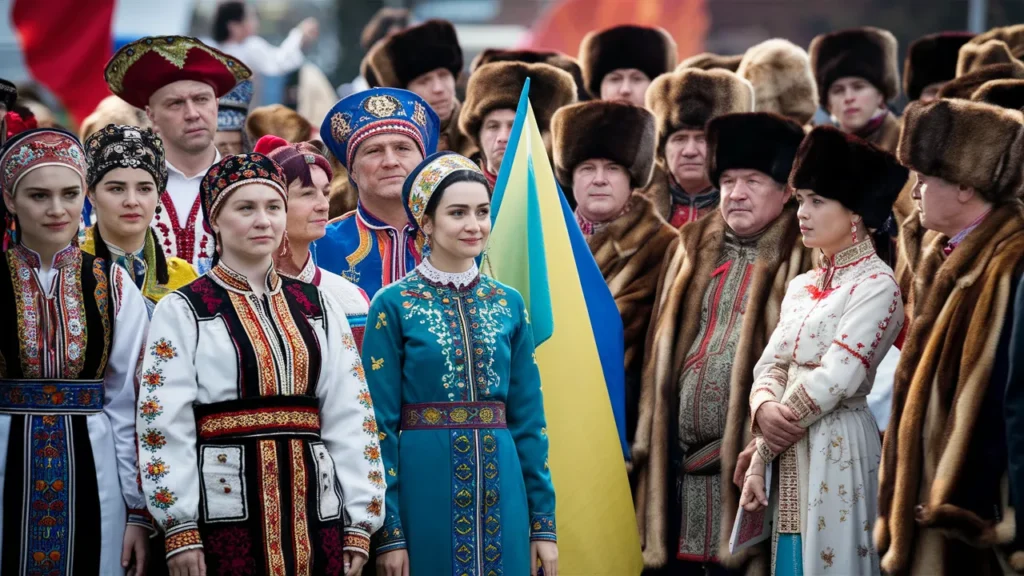
Ukraine is a country riven by ethnic divisions, with a significant Russian-speaking minority in regions of its east and south. Those varied aspects have been aspects on which outside forces have feasted or put to work alongside internal divisions..
Impact on Global Politics
Russia-West Relations

The war has damaged Russia’s relations with Western governments. Sanctions and diplomatic tensions over the conflict have isolated Russia from many Western economies and institutions. This isolation has led to a closer relationship with more non-Western powers such as China and India, which consequently reshaped the global landscape of alliances and economic partnerships.
EU’s Stance and Policies

The European Union, for its part, supported Ukraine financially, imposed sanctions against Russia, and reiterated its territorial commitment to European security. The conflict has led the EU to review its energy policies to reduce reliance on Russian energy and enhance its security through diversification and renewables.
Impact on Broader Geopolitical Fray
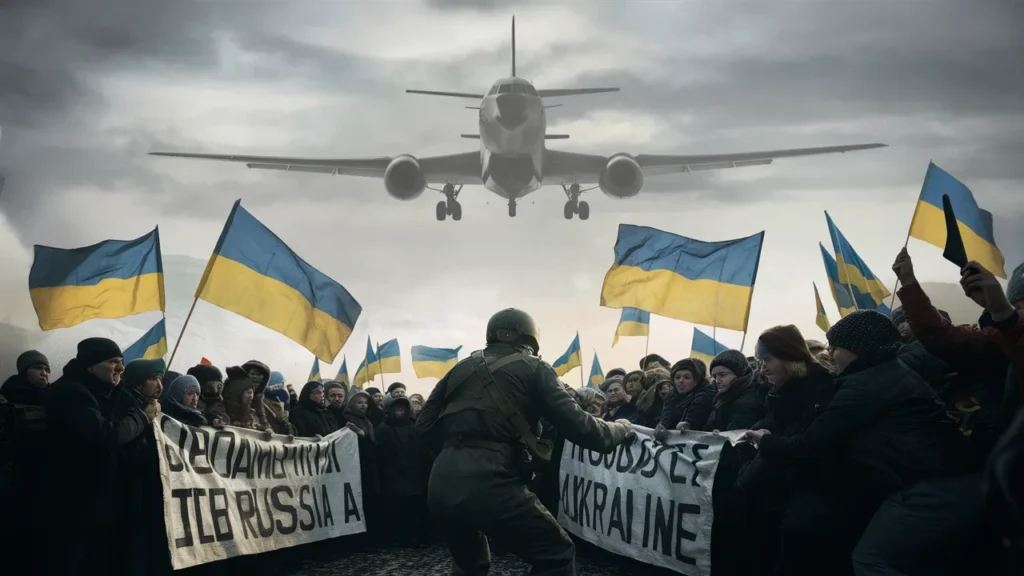
Russia’s war in Ukraine has established a guidepost for international responses to territorial aggression. These responses are felt beyond Russian borders, with consequences affecting global political strategies, as countries in Eastern Europe, Asia, and elsewhere reevaluate their defense and diplomatic postures in response to Russian behavior and the global community’s reaction.
Media and Popular Perception
Media Role in Influence on Beliefs
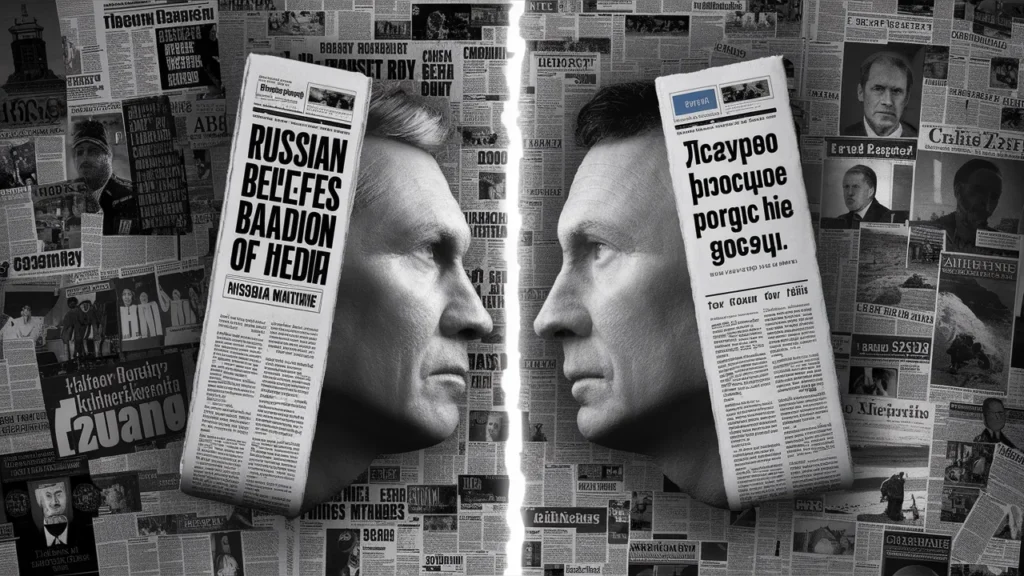
The media’s coverage has been an immense help for the general scene of the conflict. Western media will cover the Ukrainian humanitarian crisis and Russia’s aggression, whereas Russian media will focus on the protection of ethnic Russians and NATO’s encroachment. These contrasting narratives contribute to public perceptions and policy outcomes of cannabis in their territories.
Propaganda vs. Truth
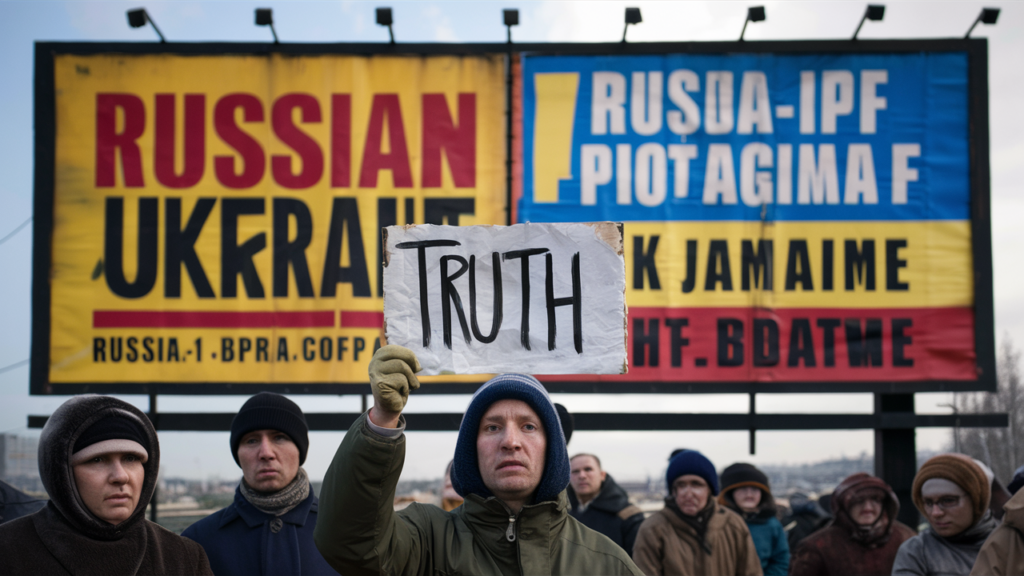
Both sides have engaged in propaganda that builds their case with the general public. Russia has used state-run media to present the story of the protection of Russian-speaking populations and fighting Western meddling. Meanwhile, the Ukrainian press and a considerable portion of the West’s media are talking about sovereignty, human rights, and democratic values. The primary difference is that audiences need clarification on what propaganda and reality are worldwide.
Views From The Streets Of Russia And Ukraine
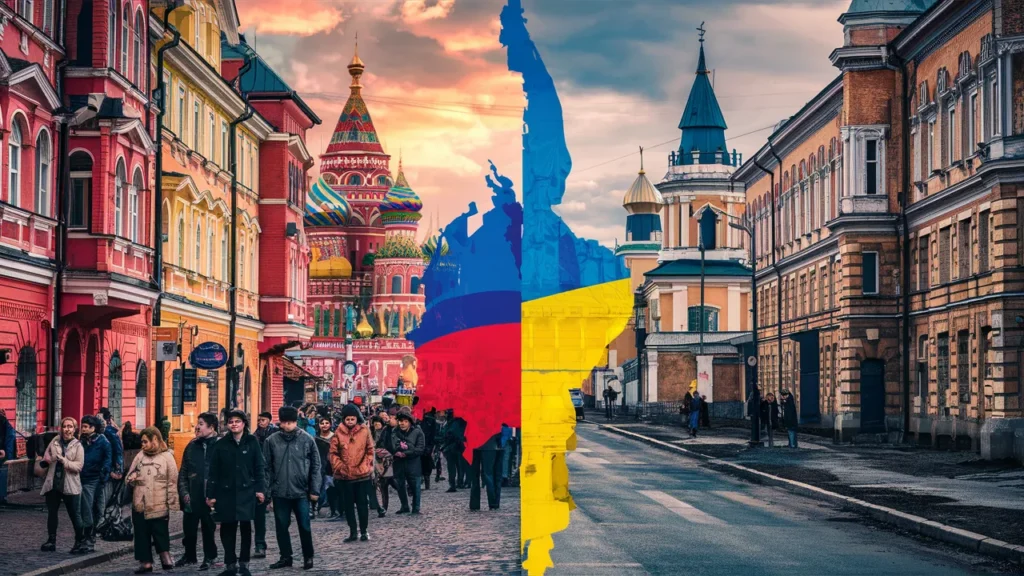
The Suspects Public sentiment in both Russia and Ukraine appears to be polarized. With some success, the Russian government has been mobilizing public opinion in its favor, presenting the conflict as a stand against foreign aggression, and many Russians support its stance. In Ukraine, the war is a struggle for sovereignty and national unity. These sentiments fuel entire nations’ policies and shape both peoples’ responses and grit.
Future Prospects
Possible Resolutions
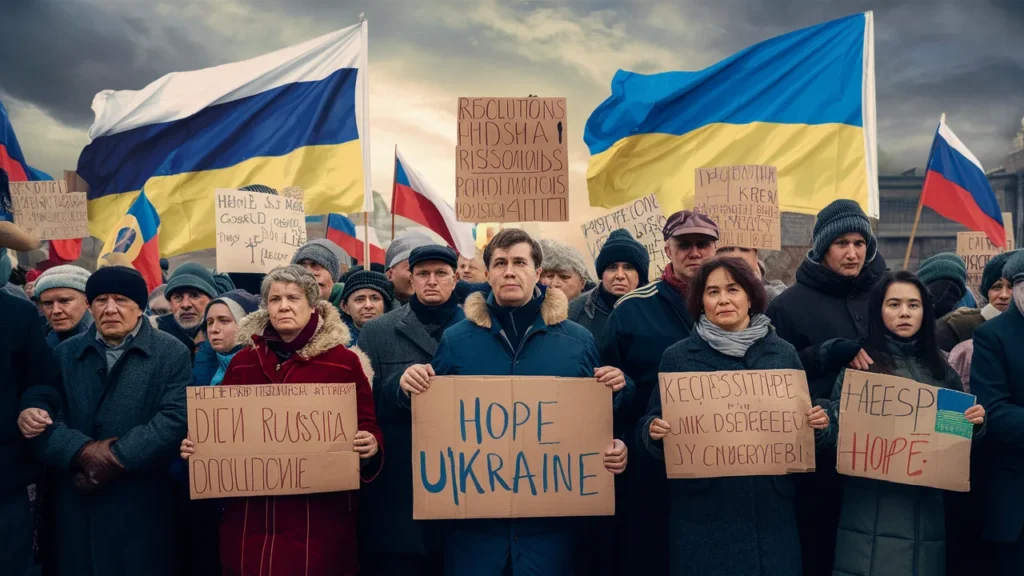
It will require a lot of diplomacy, compromises, and the realization of governance, minority rights, and economic integration. It could be resolved by means of federalization, granting extensive rights to the contested regions, or providing international guarantees to Ukraine on its preliminary security and sovereignty.
Long-term Implications
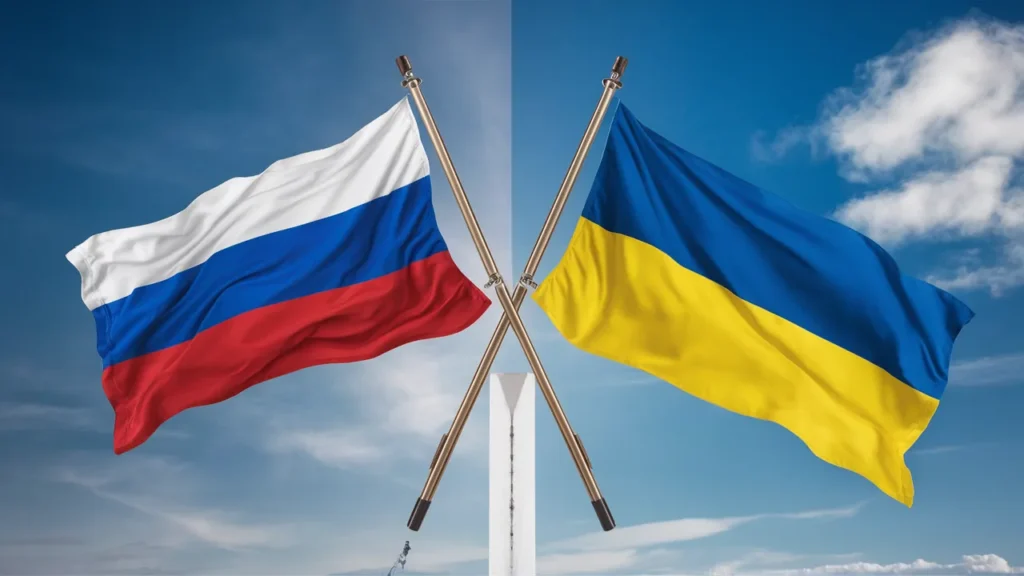
After Effects: The conflict has wide-reaching and long-term impacts. This will define the geopolitics of Europe, the global security architecture, and international law on territorial integrity and use of force. What happens or does not happen to resolve this conflict will affect whether subsequent international institutions are short-lived and whether an unstable future region can be established.
World response
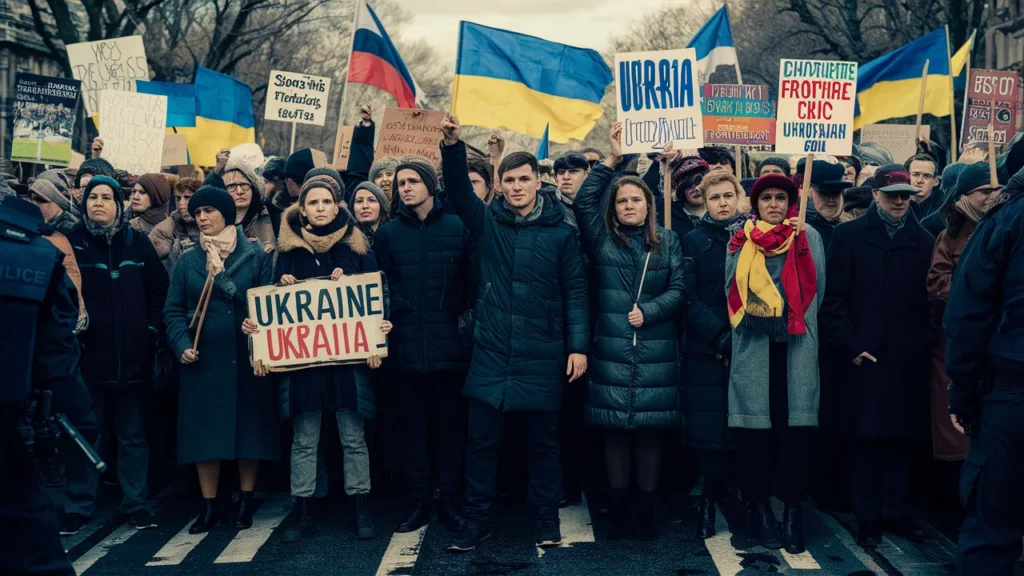
The Importance of the International Community in Mediating, Monitoring, and Providing Humanitarian Support The UN, OSCE, and the participation of global powers are crucial for maintaining continuous engagement and striving for sustainable peace. Equally important will be international support for Ukraine’s rebuilding and economic recovery.
Conclusion

The Russia-Ukraine conflict is complex, multifaceted, deeply rooted in history, and has contemporary implications. It has grafted new substrate into the mechanisms of international relations, led to massive humanitarian crises, and triggered economic and political aftershocks on a global scale. The road to peace is and will remain rocky, but it is only through ongoing diplomatic efforts and regular international support that the conflict can be resolved and the long-term stability of the region assured.
FAQs
- So, how was the Russia-Ukraine conflict ignited?
The conflict was ignited by Ukraine turning to the West, witnessed by the 2014 Euromaidan protests and the subsequent removal of President Yanukovych. Russia annexed Crimea and backed separatists in eastern Ukraine, turning the unrest into war. - What has the worldwide response been?
In response, the West (most notably Western countries and international institutions) have levied economic sanctions on Russia, engaged in diplomatic efforts to negotiate a ceasefire, and provided financial and military assistance to Ukraine. Groups (e.g., the UN and NATO) have also participated in a range of ways. - Economic Effects of the War
The conflict caused serious sanctions to Russia, which marked a new stage of the economic life of that country. There is damage to infrastructure and economic instability in Ukraine. At a global level, the conflict has impacted energy markets and public policy positions on energy, changing particularly in Europe. - So, how do the civilians suffer from the conflict?
Civilians have suffered enormous and, at times, devastating consequences, including displacement, loss of lives, and human rights violations. It has caused a large-scale humanitarian emergency, with millions needing help and support as a result of the ongoing violence and instability. - What are the hopes of ending the conflict?
Peace prospects, more generally, will hinge on the success of negotiations, the strength of ceasefire agreements, and the resolution of larger issues of governance, economic development, and minority rights. In order to reach a resolution that holds, the international community will have to provide support and get engaged
Author: CENTNETWORK
Courtesy: EPICMAZE
